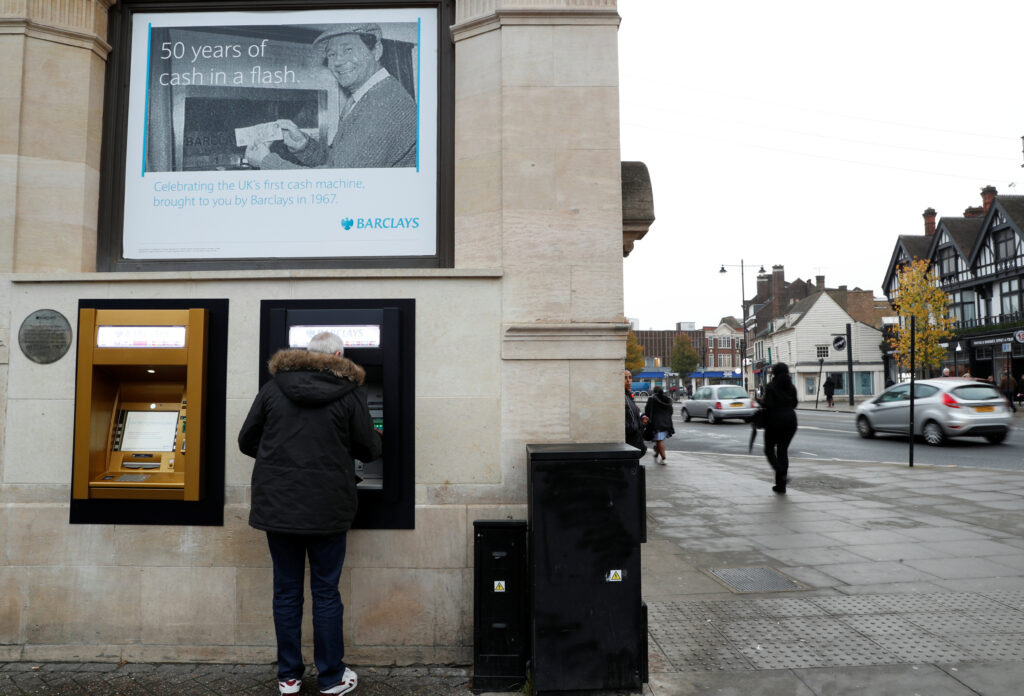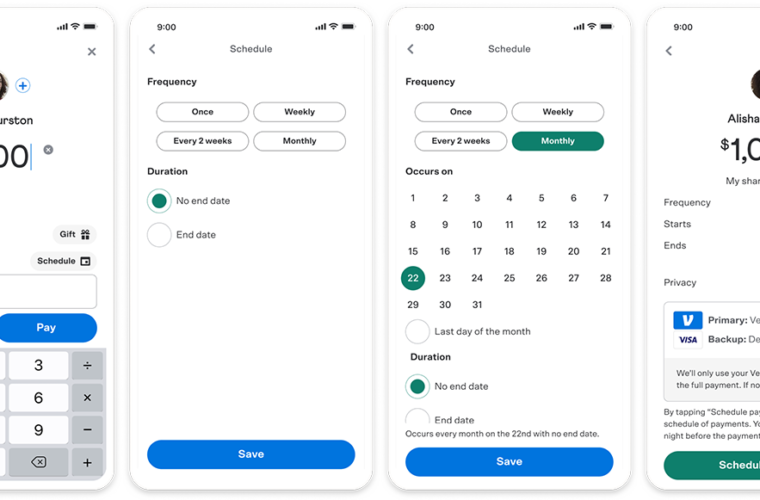By Huw Jones
LONDON (Reuters) – Britain’s banks and building societies should make sure customers can still access cash before closing a branch as more financial services move online, the country’s markets regulator proposed on Thursday.
The Financial Conduct Authority (FCA) said it was using powers under a new financial services law approved earlier this year to require banks, such as Barclays, Lloyds, HSBC and NatWest to undertake “cash access assessments” when they are considering closing a branch.
Britain is also likely to issue a digital version of the pound in the second half of the decade, raising fears that cash will be even harder to use as some shops already insist on cards for payments.
“We know that, while there is an increasing shift to digital payments, over 3 million consumers still rely on cash – particularly people who may be vulnerable – as well as many small businesses,” said Sheldon Mills, the FCA’s executive director of consumers and competition.
“These proposals set out how banks and building societies will need to assess and plug gaps in local cash provision. This will help manage the pace of change and ensure that people can continue to access cash if they need it,” Mills said.
In the first quarter of this year, 95.1% of the UK population was within a mile of a free-to-use cash withdrawal point, the FCA said.

Separately, the British Retail Consortium (BRC) said on Thursday that last year cash was used for 19% of purchases at its members, who are mostly large chains that account for just over a third of UK retail spending.
The proportion of cash transactions rose last year for the first time in a decade, after falling to a low of 15% in 2021 when pandemic restrictions encouraging the use of contactless card payments were still in place, the BRC said.
The FCA said that existing law allowed retailers to decide whether to accept cash or not, and that it would finalise its new rules by the third quarter of 2024.



